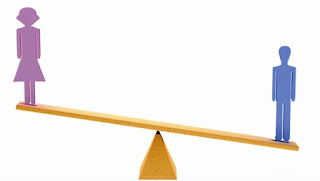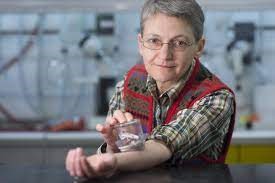Dutch politicians will have their day in an "enquette commissie" coming up with their version of what there is to learn from the COVID-19 pandemic. The result will probably mirror the composition of the mainly right wing commission. It is not as if we do not know what there was to learn; a recent research paper commissioned and paid for by the Dutch government lays out the effects of vaccination on mortality in the Netherlands. It does even refer to a study on religion and vaccination coverage in the Netherlands.
Given the composition of the committee, they will have a hard time convincing people of their outcome. Nobody is really interested in my opinion, but I do believe in proper science. Given the qualification of the people writing the commissioned paper, I added the paper to Wikidata, author strings were replaced by author identifiers, known publications were linked to the authors, I linked the cited papers and ensured that the primary author is known to Wikidata as well. The result is that anyone can find this enriched information in its Scholia.
Given that some Dutch politicians express that they not understand the scholarly process, the best I can do is open up information that has a scholarly foundation, particularly in a field where I do trust politicians to come up with a report that reflects their political bias.
Thanks,
GerardM





